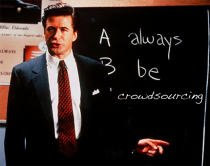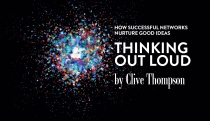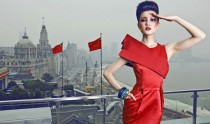Book Review: Helen Wang’s “The Chinese Dream”
|
Despite a brief conversation, it was clear that Helen was deeply vested in understanding China’s development, driven mainly by her own roots in growing up and spending her formative years in China.  I next saw Helen at a breakfast fundraiser for “Half the Sky”, a nonprofit she was involved with that was dedicated towards helping orphans in China, and saw a passion that Helen held to improve lives of a part of China’s population who often found themselves voiceless. And that is Helen — passionate and cautiously idealistic about China and its future — a voice that she articulates in her (first!) book “The Chinese Dream:  The Rise of the World’s Largest Middle Class.” Through the lens of the country’s growing middle class, Helen takes readers through the social, spiritual, and value-changes that are rippling through China, balancing it with anecdotes from her own life as a young adult growing up in Hangzhou. Using first-hand interviews as the primary medium to communicate her story, Helen has crafted an easily accessible — and personal — book about China, its history, and a glimpse of where it may go in the future. My favorites are the telling discussions on spirituality, purpose, and religion — there is Lu Dong, the Chinese native who went to university in Japan, started a career as a Goldman Sachs banker, leaving to attend Stanford’s Graduate School of Business before returning to China to try his hand at entrepreneurship by building custom suits for men who ultimately found his calling and purpose in Christianity. And then, there is Yolanda Wang, a public relations manager in Shanghai, who voices the need to find an absolute purpose, an answer she believes religion holds. “To me, if I don’t have religion, my soul feels empty … my central question is: why are we living – what is the meaning of life?” In the book’s epilogue, Helen holds the same tone of optimism that resonates throughout, emphasizing the idea of interconnectedness and the imperative of actually carrying out the vision of the 2008 Olympics motto in Beijing: “One World, One Dream”. Understanding and communication is a first step in that process, and I look forward to hearing more of Helen’s observations as China continues to grow and transform into a ‘connected society and economy’. Follow Helen on twitter @thehelenwang |




One Comment